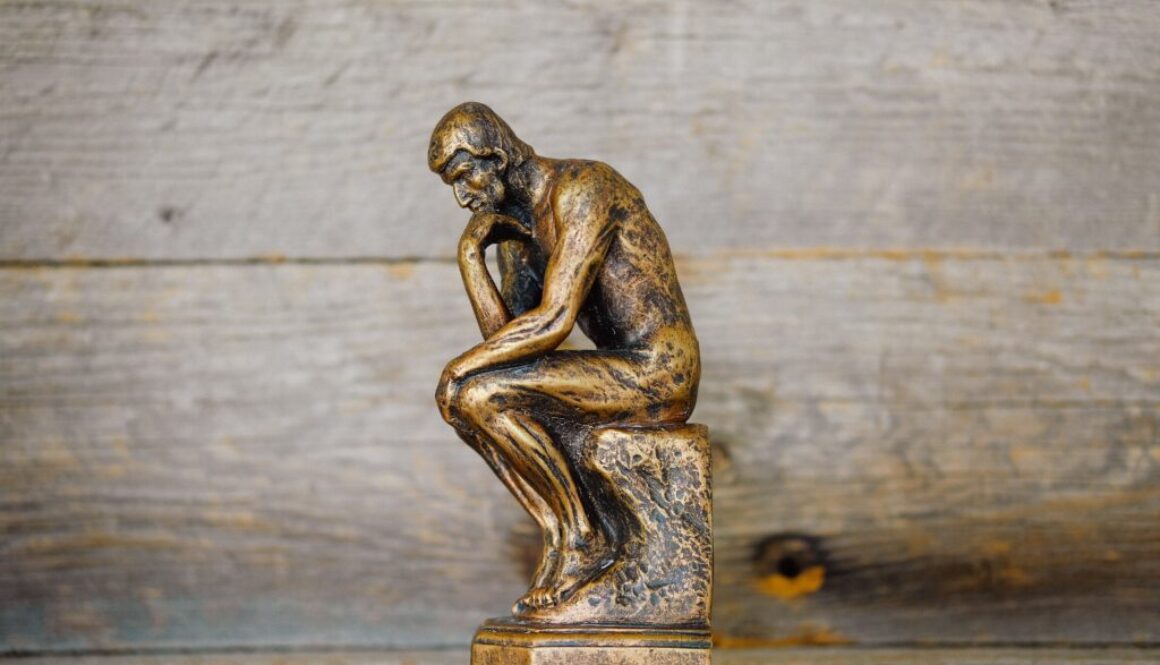Spirituality vs Religion vs Philosophy: key differences and how they shape social change
Spirituality, religion, and philosophy are all closely related but there are some important distinctions between them. Spirituality is primarily concerned with a personal relationship with the divine or the transcendent. It is often experienced as a deeply interior journey and can take many different forms. Religion, on the other hand, is more focused on the social aspects associated with a belief system and often includes rituals, traditions, and a community of believers. Philosophy, meanwhile, is primarily concerned with understanding the nature of reality and the human experience. It often relies on reason and logic, but can also be seen as a spiritual practice in its own right. Ultimately, each of these approaches offers a unique way of understanding and engaging with the world around us, and thus they each play their own distinct role in our lives as changemakers.

Spirituality: relationships and connection
For some people, spirituality is all about religion. They might say that being spiritual means believing in a higher power and living according to religious teachings. Others might define spirituality more broadly, saying that it’s about connecting with the natural world or connecting with something larger than oneself. There are many different ways to be spiritual, and there’s no one right answer. Ultimately, spirituality is whatever brings you a sense of peace, wonder, and connection. It might involve attending church or meditating in nature. It might mean spending time with friends and family or volunteering in your community. There are endless possibilities!
Spirituality has always been a driving force behind social change. For one thing, it can provide a moral framework for activists to follow. Spiritual teachings often emphasise compassion, kindness, and love, which can help guide people as they strive to make the world a better place. Additionally, spirituality can be a source of strength and hope in the face of difficult circumstances. When people feel connected to something larger than themselves, they may be more likely to persevere in the face of adversity. Finally, spirituality can help people build community and find common ground with others who are working for similar causes. When people feel part of a larger group, they may be more likely to take action and work together towards positive change.

Religion: a belief system
Religion is often described as a belief in a higher power or powers. It can also involve following certain ethical guidelines or participating in religious ceremonies or practices. Some people believe that religion is necessary for creating a moral code, while others see it as a way to connect with the divine or transcendent. There is no one right answer to the question of what religion is, but there are a few different ways to think about it. Ultimately, it is up to each individual to decide what role religion plays in their life and belief system, if any. For some people, their spirituality is largely shaped by their religion. For those without a set religious belief or community, spirituality will mean something more personal.
Religion has played a significant role in social change throughout history. In many cases, religious leaders have been at the forefront of movements for social justice, equality, and reform. For example, Mahatma Gandhi used his Buddhist beliefs to rally support for India’s independence from British rule. In the United States, Martin Luther King Jr. drew upon his Christian faith to lead the civil rights movement. Today, religious groups continue to play an important role in promoting social change. Because religions ascribe a set of moral values or rules, these are often directed at helping the wider community, which is why we see so many religious organisations are often at the forefront of efforts to combat poverty and hunger. In this way, religion can be a powerful force for good in the world.

Philosophy: a way of thinking
Philosophy is the study of the nature of reality, the kind of reality that exists beyond the physical world. It investigates whether there is a God, what happens after death, the meaning of life, and whether we can know anything for sure. Philosophy also tries to answer questions like: What is good and evil? What is beauty? How should we live our lives? Philosophers have been asking these types of questions for centuries, and there are many different schools of thought within philosophy. Some philosophers focus on trying to figure out the nature of reality, while others focus on ethics or how we should live our lives. There are also philosophers who focus on specific issues like politics or art.
Philosophy can play an important role in social change by helping us to question our assumptions and beliefs. For example, we may take it for granted that everyone should be treated equally, but when we stop to think about it, we may realise that this is not always the case. By questioning our beliefs, we can start to see the ways in which they may be harmful or outdated, and this can help to pave the way for social change. Additionally, philosophy can help us to critically analyse arguments and to see both sides of a issue. This is essential for effective social change, as it allows us to build strong arguments in favour of our position and to anticipate and refute counterarguments. Ultimately, philosophy provides us with the tools we need to think critically about the world around us and to work towards making positive social change, and can play an active role in promoting peace and understanding between different cultures.
